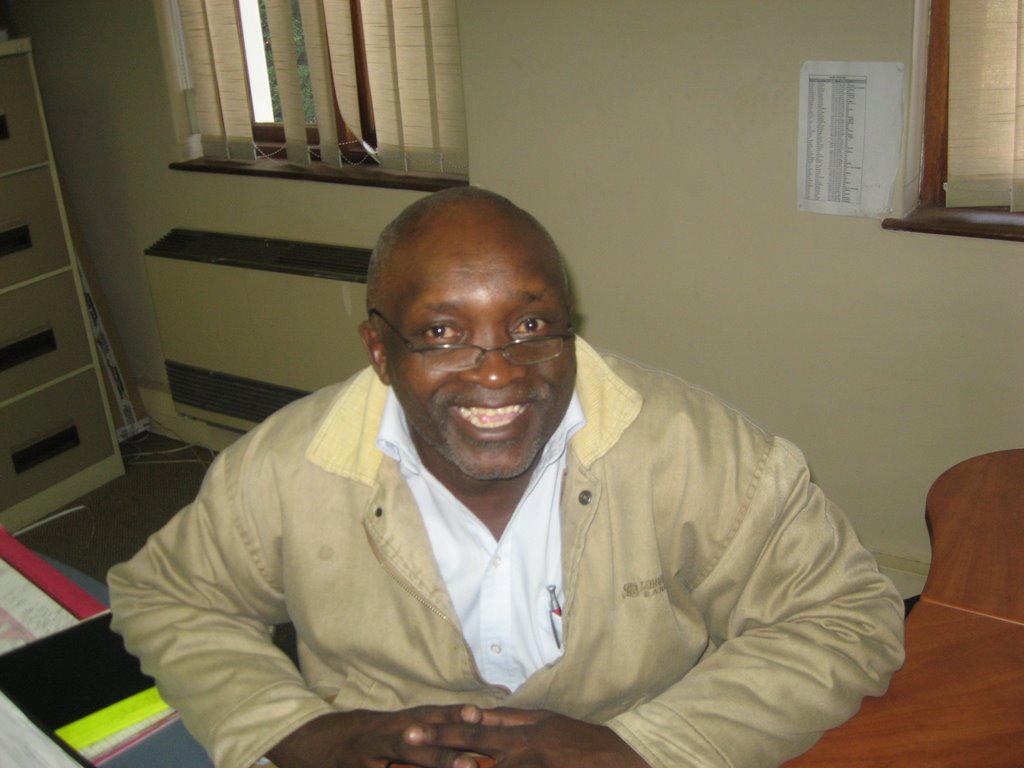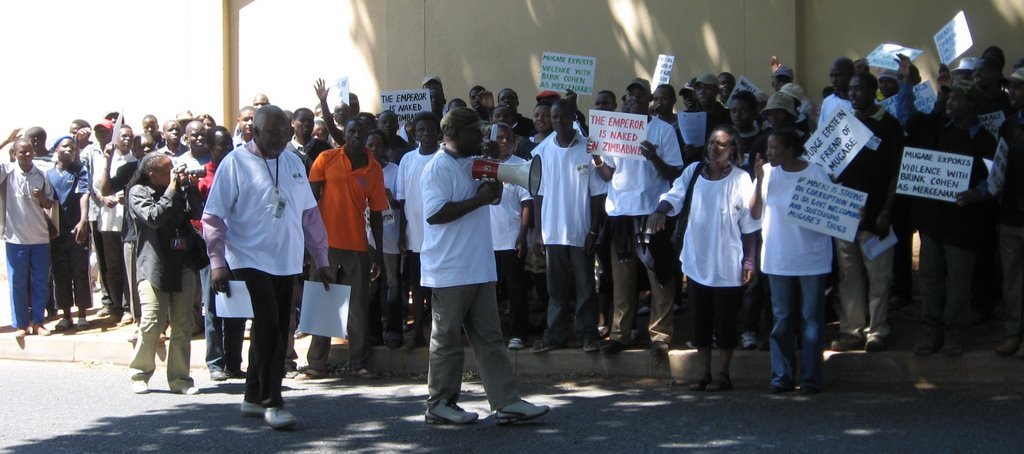"TUNKU, the appointment with President Mugabe is cancelled. I can't tell you why over the phone, but please listen to the one o'clock news. I will come round to the hotel to see you at 2.30."
It was 1992. The only thought that raced through my mind was, "My God! There has been a coup and the president has been toppled."After all, this was Africa, where coups were a dime a dozen. I was preparing myself mentally for a long enforced stay in Harare, the very attractive capital of Zimbabwe. (Harare used to be Salisbury, and Zimbabwe was Southern Rhodesia before independence.)
At 1pm on the dot, the newsreader announced that First Lady Amai Sally Mugabe had died. Well, I was wrong about the coup. It taught me once again not to rely on preconceived ideas when making a judgment.
I was waiting in the lobby with my colleagues from Sime Darby when a big black limousine arrived and a large, amiable gentleman in a rumpled suit stepped out. He was our genial host during our stay in his country: Joshua Nkomo, vice-president of Zimbabwe, was larger than life.
Even if he had not been wearing a "dog collar", he could easily have been mistaken for a country chaplain. The vice-president was taking us to the State House to offer our condolences to the president. We bundled into two government cars and drove through the streets escorted by police outriders.
There was a mile-long line of mourners. We felt guilty and embarrassed that we were taken to the head of the queue to meet President Robert Mugabe, who was with his sister and immediate family members.
When I had offered my condolences, he turned to his sister and said, "Tunku is from Malaysia. Prime Minister Dr Mahathir is a good friend of mine and Sally was very fond of Siti Hasmah, the prime minister's wife." With that, I thanked him and moved away.
That evening, our last in Harare, we hosted a dinner for Nkomo and a few of his close friends. It was a sombre occasion in keeping with the national mood of genuine sadness at the passing of a great woman.
Sally was much loved and respected, and was generally regarded as a "steadying influence" on her husband. The excesses we see today were not in evidence during all those years when she was at his side.
Sally was not only a wife: She had been an important leader of the movement for black majority rule that had brought down Ian Smith's Unilateral Declaration of Independence regime.
In the course of our conversation, Nkomo, the great guerilla strategist, asked me what "Malaysia's secret of success" was. All this was totally unexpected, and I had to rake my brains for an answer.
I ventured to reply that there was really no secret: It all had to do with sensitive political leadership, good social and economic planning and hard work. He nodded wisely.
Then, completely out of the blue, he changed tack and asked whether I had seen a single white face in the long file of mourners at the State House earlier that day.
Keeping as straight a face as I could, I replied, "Mr vice-president, yes, there was a white Catholic priest." I then offered what I thought was a helpful explanation by saying that he should not be too upset because, it being a Saturday, the whites were out somewhere playing golf, taking their children swimming or on a picnic.
Looking directly at me, he said something that sent a chill down my spine: "Tunku, we are going to teach them a lesson. We are going to repossess our land from the white farmers." There was no mistaking the note of finality in that pronouncement.
I reminded him that the economy (and the foreign exchange) of Zimbabwe was dependent on the commercial farms that were so competently managed by the white farming community.
Knowing a little about the plantation economy from my time in Malaya's best agency house, Guthrie & Co, I said the first couple of years would not pose any problem, as the land would have been well prepared on sound principles of husbandry.
But after that, with the inevitable lowering of maintenance standards, crop yields would suffer. The vast farms would be fragmented and subsistence farming would hurt the economy.
He seemed interested in what I was expounding. I told him that before we became fully independent, the chief minister, Tunku Abdul Rahman, was put under considerable pressure to nationalise British assets, mainly plantations and tin mines.
The Tunku made it absolutely clear that there would be none of the nationalisation much favoured by India, Burma, Indonesia and many countries in Africa. He argued that nationalisation was not the answer to the so-called "landless problem" and that the resulting flight of capital and a boycott of the country by international investors would be the kiss of death for a newly-independent Malaya. It was his courage to go against the views of some of the more radical Umno stalwarts that saved the day for our country, a fact often forgotten by our nation.
Under Tun Abdul Razak's leadership, a parallel plantation system was created. The Federal Land Development Authority was born, and the rest, as we say, is history.
What an enormous difference Tun Razak's Felda schemes have made in alleviating the poverty of the landless of all races, a fact little appreciated by many today.
The vice-president seemed to be taking in what I had been saying. As the dinner party broke up well past midnight, I thought my story had made an impression on him.
How wrong I was, because not long afterwards, Mugabe sent his "veterans", former freedom fighters, rampaging and killing scores of white farmers and their families, and appropriating their farms. In justification for not compensating them for their losses, Mugabe blamed the British government for reneging on their agreement to provide money to the helpless white farmers who were nearly all citizens of Zimbabwe.
I was naturally disappointed by what happened. Zimbabwe's economy is in ruins; the people of a once well-ordered and prosperous country, the best after South Africa in economic terms, are barely subsisting.
I wanted to write to Nkomo, but did not want to embarrass him. He had fallen out with Mugabe and would not want to be part of that controversy. Nkomo who, but for a twist of fate, would have been the president of Zimbabwe, died in his sleep — a giant of a man, kind and affable, and a brave freedom fighter. He would have been a better man to preside over the affairs of his beloved Zimbabwe.
I am glad I was asked to lead the Sime Darby investment mission to Africa.
We learnt a great deal about the business culture of Africa and came away feeling proud that for its many faults, Malaysia was a great country by any measure.
As we approach the 50th anniversary of our independence, I say a quiet prayer that for the grace of God, and the humane and caring leadership of Tunku Abdul Rahman, Tun Abdul Razak, Tun Tan Siew Sin and Tun V.T. Sambanthan, we would, long ago, have joined the bread (or in our case, the rice) line, with the basket cases of the world.
* Tunku Abdul Aziz is a former special adviser to the UN secretary-general on Ethics.
New Yahoo! Mail is the ultimate force in competitive emailing. Find out more at the Yahoo! Mail Championships. Plus: play games and win prizes.













No comments:
Post a Comment